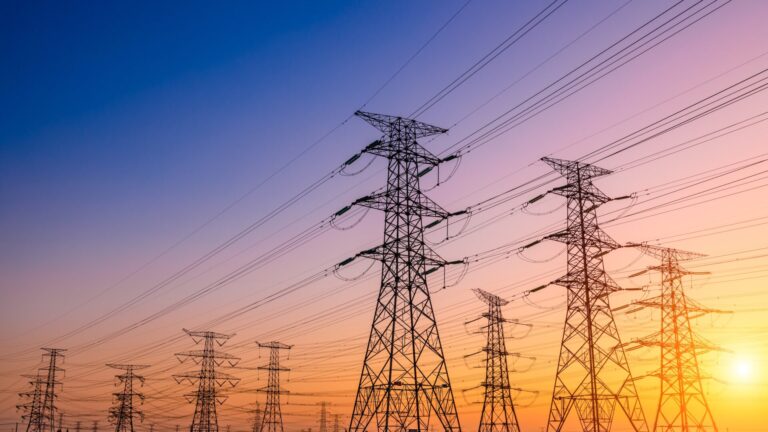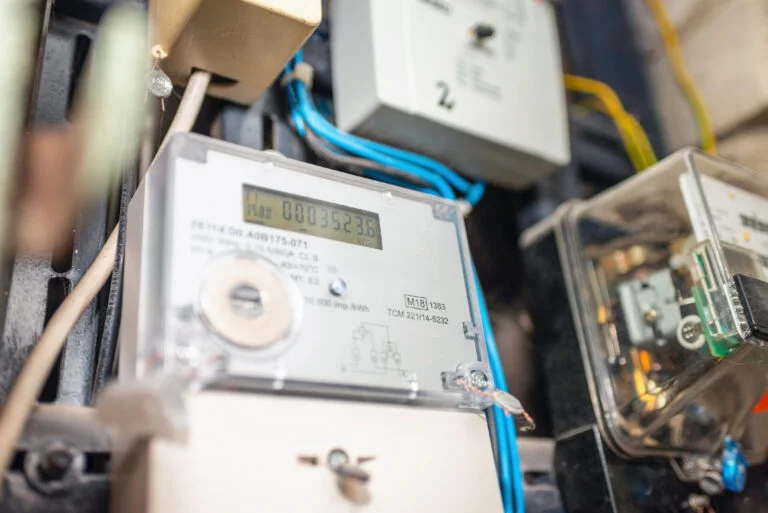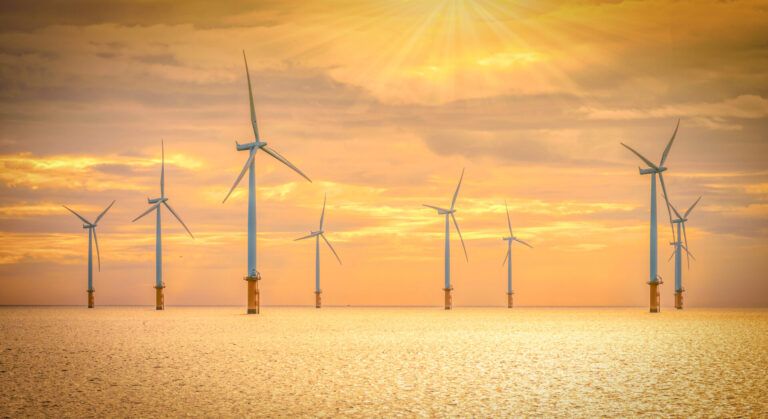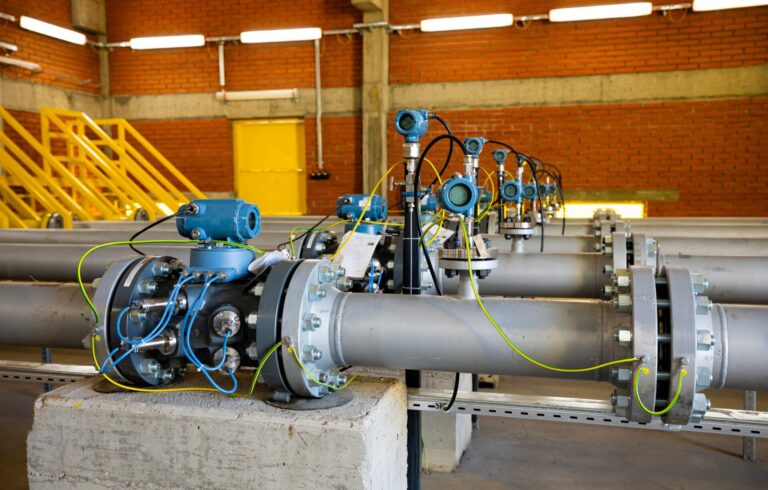As we step into 2024, the energy landscape is evolving rapidly, presenting both challenges and opportunities for organisations to shape a sustainable and resilient future. In order to become more energy efficient, it is important for organisations to have an effective energy strategy as well as clear annual goals. Let’s explore some of the goals that can assist in preparing organisations for the year ahead.
Energy Strategy
Energy is no longer just a cost for organisations; it has evolved into a vital consideration climbing corporate agendas nationwide. A business energy strategy is a tool for future-proofing operations, serving as a helpful reminder when it comes to energy usage and outlining key strategies. In the coming year, it will be more important than ever for businesses to have an energy strategy in place.
Putting in place an effective energy strategy for your business can be a complex process without the correct support team. Our Energy Consultants at BP Consulting are dedicated to collaborating with organisations of all sizes to make sure they have an efficient energy plan that supports their long-term success and government initiatives.
Procuring Competitive Prices
Procuring competitive energy prices is essential for businesses as it directly impacts their bottom line. Energy costs constitute a significant portion of operational expenses, often being the second highest spend of an organisation’s overall expenditure.
It can be difficult for business owners to understand complex market trends and work out the most appropriate package for their business. At BP Consulting, we aim to provide competitive tariffs that meet your requirements. Based on your energy needs, our Energy Consultants will tender your supply portfolio to a few of our suppliers, evaluate the short and long-term energy market pricing, and provide a solution specifically for your company.
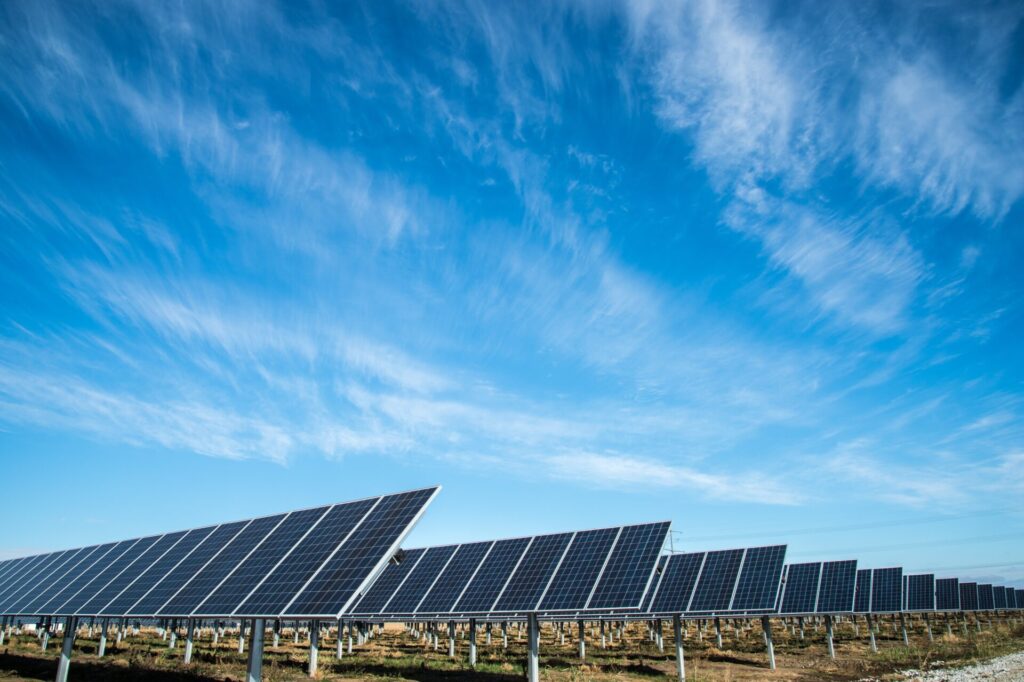
Renewable Energy Integration
In 2024, embracing renewable energy sources isn’t just an environmental commitment; it’s a strategic business move. Integrating renewable energy aligns with environmental responsibility, sustainability goals and fosters a positive brand image. Most organisations within the public sector have already set their goals for reaching net-zero, due to the continued pressures and incentives set by the government. The NHS are just one of a multitude of organisations who have already began implementing renewable solutions and offsetting schemes to make sure they’re on track for reaching their net-zero goals. They pledge that the emissions controlled directly by them will have reduced by 80% in 2032 and are aiming to reach net-zero by 2040. They have already introduced some successful initiatives to reduce their emissions and reach net zero, such as:
– The installation of LED lighting and solar panels in their Milton Keynes University Hospital, produced 853 megawatt hours per year – this is the equivalent to powering over 200 average homes for a year!
– Hull University Teaching Hospital is installing solar panels to achieve self-sufficiency in summer. They’ve partnered with a local shepherding family, using a flock of 51 sheep for cost-effective grass management, promoting biodiversity, and showcasing the synergy between renewable technology and traditional farming.
– In Oxford, life-saving products are currently transported to various locations, including wards, day treatment areas, and pharmacies, via bicycle couriers. This approach not only saves time and money but also contributes to a cleaner environment. The utilisation of bicycle couriers has mitigated the effects of external factors such as peak hour traffic and roadworks, positively impacting delivery times.
At BP Consulting, we can help you implement renewable energy solutions into your business operations with the aim of helping organisations reduce their carbon footprint and transition to a more sustainable future. We can help with solutions such as Solar PV, CHP, carbon net-zero pathways, EV charging, energy monitoring and reporting and strategy curation. Our experienced team can deliver complex energy projects and can offer tailor-made solutions that can meet your specific needs.

Being More Energy Efficient
Being energy efficient is the simplest, and sometimes the most effective, way to improve an organisations sustainability. Organisations can benefit greatly from energy efficiency since it can potentially reduce costs, increase operational effectiveness, and support sustainability objectives. Beyond the potential cash flow gains, it can also assist with regulatory compliance, improve an organisations image, and appeal to more environmentally conscious customers.
Businesses can become more energy efficient by implementing a few simple steps, for example reducing out-of-hours energy use, i.e., turning off lights when no one is on the premises or installing sensored/smart lighting could save your business significant amounts of money. LED lights can also reduce energy usage, being around 80% more efficient than traditional incandescent lighting!



